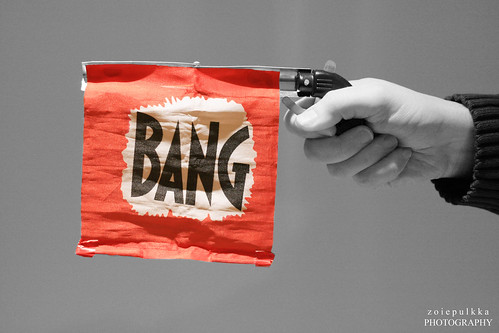
In terms of the reading from week 2 " as Canadian as possible", we see that there is evidence and the construction of the Canadian identity, which is in turn expressing their unique place or role . The reading looks at the cross-culture between Canada and the USA and how Canada tries to detach itself from the assumption of being just like USA or being in the shadow of the United States. Looking at the construction of the self, we see that it is a destructive/constructive pleasure. Self theory is a method of critical thought that is created and used for the self. The main theme around it was national identity an d Canada's lack this of due to America’s influence on their culture. When i look in the media and see people like Jim Carrey and Justin Bieber, the fact that they are both Canadian shocks me. There is no sense of this Canadianism in either of them and i would never tell, maybe because I'm foreign myself but there is not distinguishing features about Canada. Maybe that is why they are trying so hard to build a Canadian identity.

















